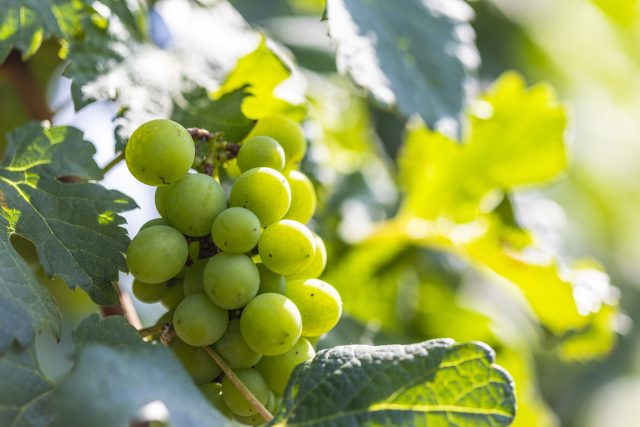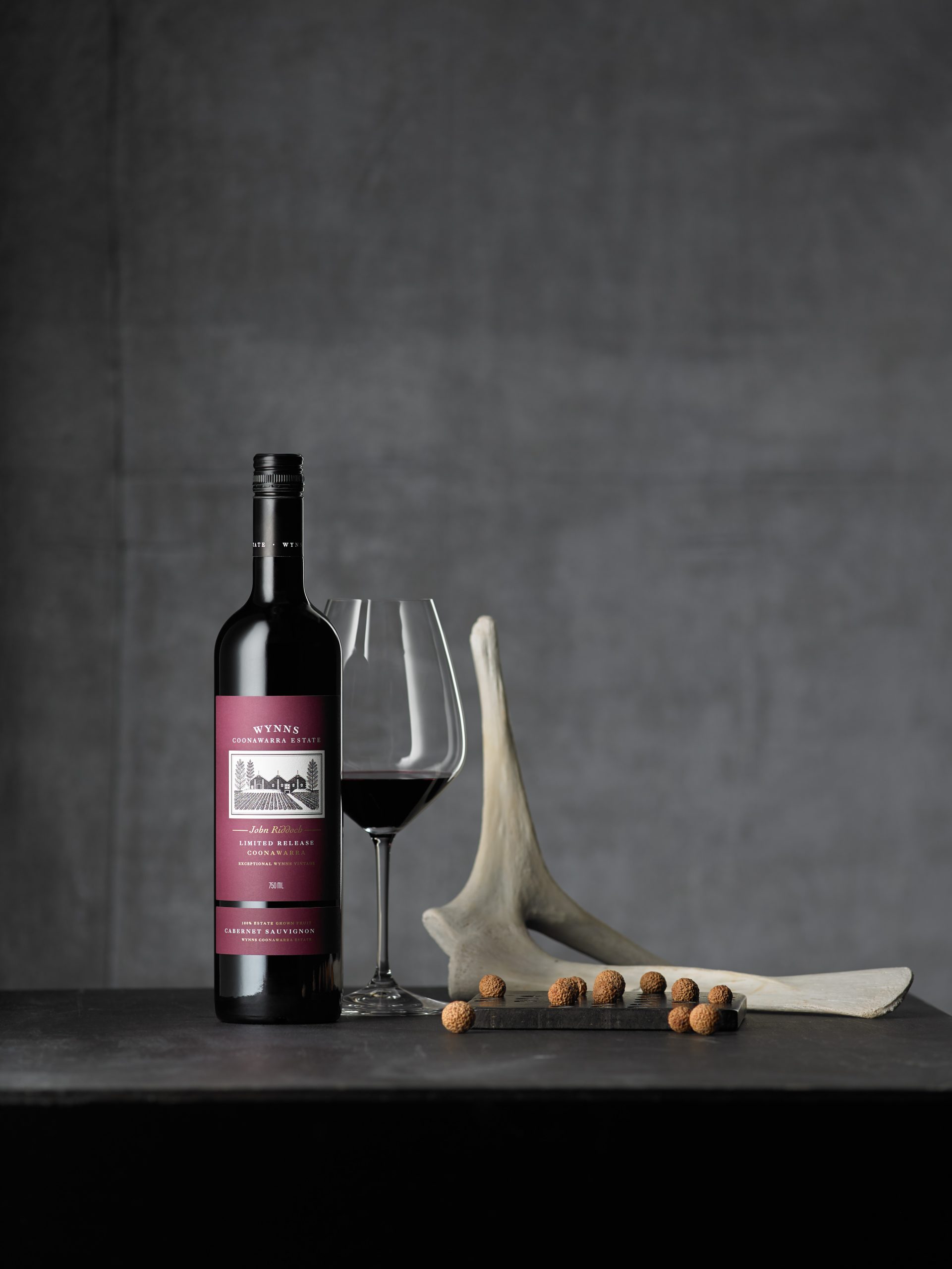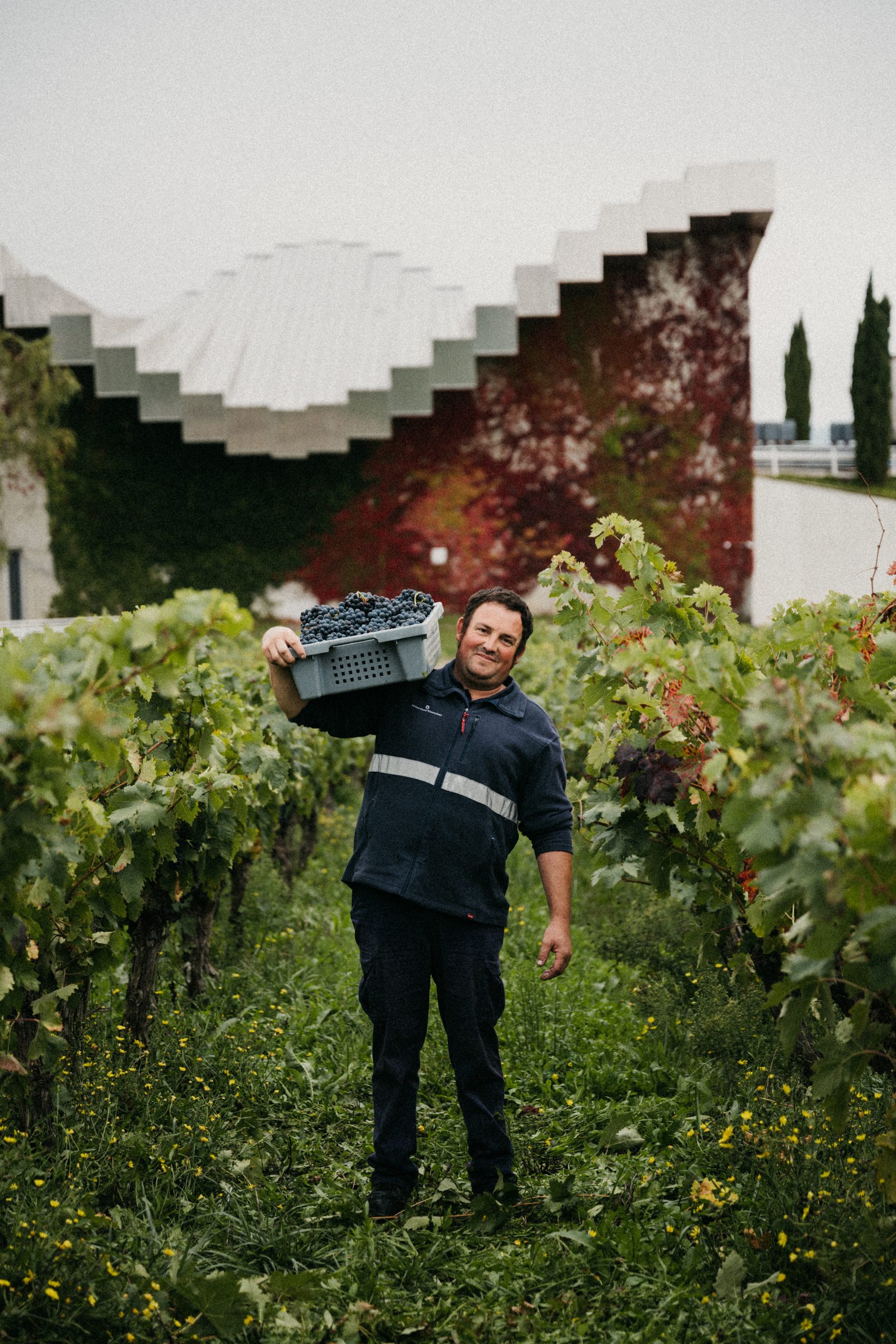Could climate change favour Chenin Blanc over Chardonnay?
Patrick Schmitt MW wonders whether Chenin Blanc could challenge Chardonnay – among other grapes – should warming trends in major wine regions continue.

Having read our August edition’s lead feature on the Loire and our report on the Global Chenin Blanc Masters, I’m reminded of a talk at an MW symposium in Florence almost exactly 10 years ago.
It was given by Dr José Vouillamoz, the gifted co-author of Wine Grapes, and it was focused on the flagship varieties of the future. Considering certain grapes’ disease and heat resistance, he picked out 14 obscure varieties that he felt deserved to be much more mainstream. Among them were a few white grapes, such as the Douro’s Rabigato and Kydonitsa from the Peloponnese, while reds included Sardinia’s Nieddera and Areni from Armenia.
Delivered with an element of humour, but grounded in science, his point was that the world of wine is focused on too few grapes, particularly when certain ancient varieties – having adapted over centuries to extremes in weather – are more suited to regions experiencing increasingly hot, dry conditions.
So why would I be recalling this lecture when looking through our August issue? It’s because I believe that Chenin Blanc could challenge Chardonnay – among other grapes – should warming trends in major wine regions continue. Ok, so Chenin Blanc is better-known and more widely planted than Rabigato but, relative to Chardonnay or Sauvignon Blanc, it is strangely obscure.
Indeed, when wine experts list alternatives to increasingly pricy white Burgundy, the great, barrel-aged dry Chenins of the world are rarely mentioned – and yet they make a wonderful and viable alternative.
It’s a point made by Yapp Brothers’ Tom Ashworth in the magazine, when he says that “top Chenins are on a par with good Burgundy” – and cheaper.
Partner Content
Meanwhile, if you’re looking for an equivalent to oak-influenced Chardonnay from California, I’ve been most impressed with the barrel-fermented Chenins from South Africa, where the toast and vanilla notes of the wood seem to complement the peach and pineapple flavours you get from the warm climes of Stellenbosch, or from the heat of Swartland. And, because it’s Chenin, you still get that refreshing, firm acidity on the finish.
Now, it may be that particular characteristic which has prevented Chenin from becoming more popular, and therefore prevalent. But, with warming, Chenin’s tart trait is being tamed. This is true in the Loire – where Chenin is becoming “the big winner” of a changing climate in the region. Always mouthwatering – just not so sharp.
As a result, plantings in this area of France are increasing. Part of that relates to Chenin’s remarkable versatility. It makes first-rate traditional-method sparkling, along with great sweet and botrytised wines – and our Masters competition even featured an outstanding fortified example – but I believe Chenin’s healthy future is based on an ability to yield crisp, dry wines, both oaked and unoaked, in a warming climate.
And, while I said that Chenin could challenge Chardonnay as the default great white grape, in the Loire specifically, it’s taking on Sauvignon. Indeed, plantings of Chenin are forecast to overtake this zesty grape in a region renowned for bracing wines. Why? As Vouvray’s Guillaume Paris says: “Even if we harvest late, we keep the freshness.”
Read more
The best wines from the Global Chenin Blanc Masters 2024
Chenin Blanc is the Pinot parallel
Related news
Making a Master: Spier 21 Gables Chenin Blanc 2023
All the medallists from The Global Chenin Blanc Masters 2025




